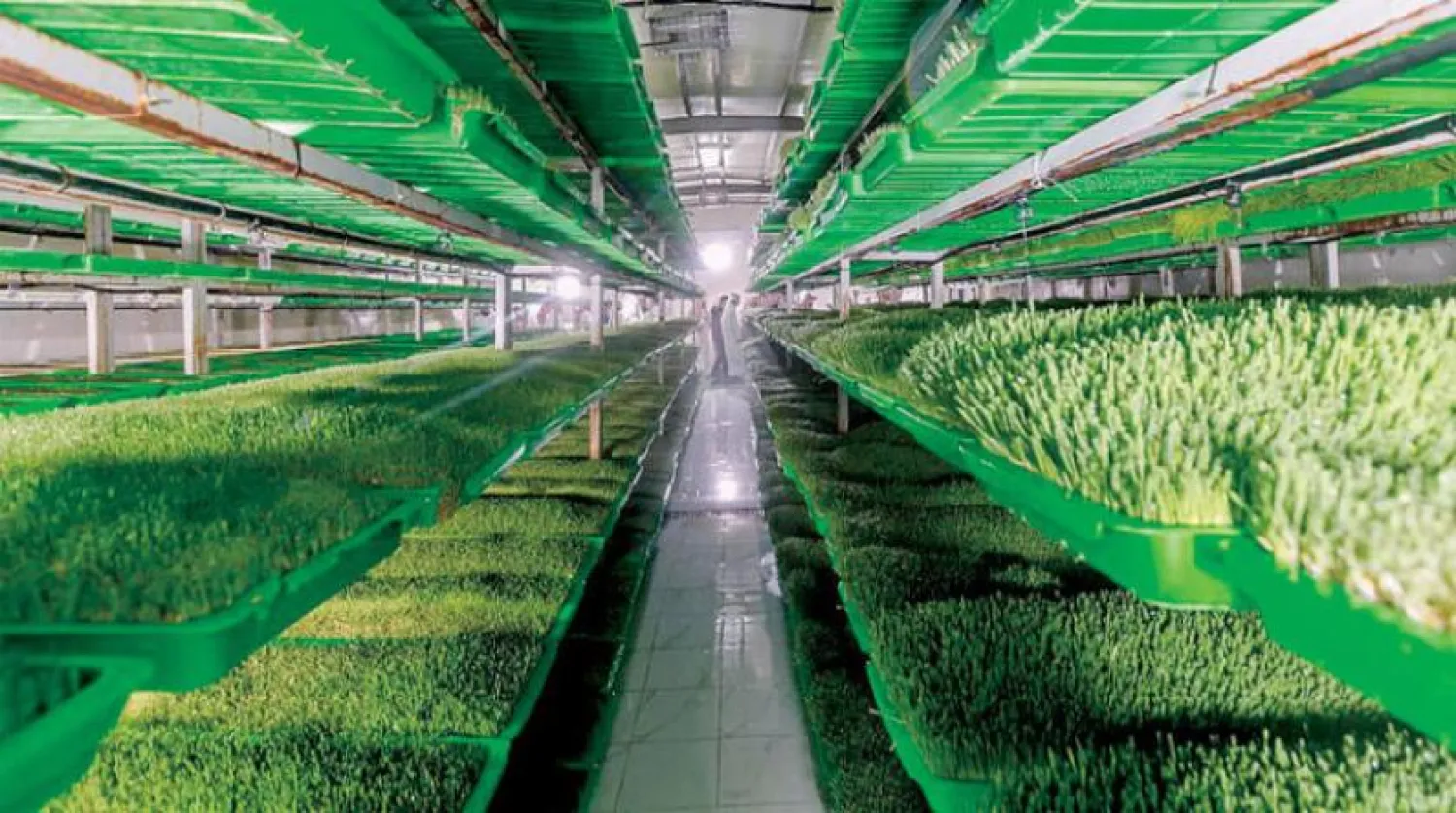Eng. Abdulmohsen Al-Mezayani, head of the National Committee for Feed Manufacturers in the Federation of Saudi Chambers, said that local companies produce approximately 11 million tons of integrated feed annually through 65 specialized factories.
He highlighted the vital importance of the sector in the food security system, pointing to the presence of high manufacturing capabilities with international quality and specifications.
Al-Mezayani was addressing a workshop on the optimal use of integrated livestock feed, which was held at the headquarters of the Federation of Saudi Chambers and organized by the Ministry of Environment, Water and Agriculture, and the National Committee for Feed Manufacturers.
For his part, Dr. Al-Arabi Al-Ameem, Director General of the Animal Production Department at the Ministry of Environment, Water and Agriculture, stated that fodder was one of the most important elements in providing food security in the Kingdom, indicating that work was underway on a set of initiatives to support the growth of the sector and enhance its capabilities.
The Ministry of Environment recently stated that the optimal use of integrated feed for livestock in the Kingdom would increase sales profitability by 41 percent compared to conventional feed (barley and alfalfa), and would reduce annual costs by 35 percent.
On a different note, Yousef Al-Benyan, Minister of Education, recently met with the National Committee for Training and Private Education in the Federation of Saudi Chambers, stressing the importance of the private sector in the education system and the Kingdom’s Vision 2030.
Al-Benyan pointed to the high demand for private and international schools, stressing that through joint work and cooperation, the participation of the private sector in education would exceed 25 percent.
President of the Federation of Saudi Chambers Ajlan Al-Ajlan emphasized the importance of the private education sector in the Kingdom, adding that cooperation with the ministry was underway, with the aim to overcome challenges, raise the quality and efficiency of the sector’s outputs and attract more investors.
Meanwhile, the Riyadh Chamber of Commerce, in cooperation with the National Industrial Development and Logistics Program (NIDLP), organized on Tuesday a workshop to present the program to a group of investors, manufacturers and entrepreneurs.
Eng. Suliman Almazroua, CEO of NIDLP, stated that the program was based on creating a strong link with the targeted business sectors and manufacturers in particular.
The workshop reviewed the stages of the investor’s journey in the targeted sectors, the general and qualitative enablers, the competitive advantage, and the “Thousand Miles” entrepreneurship support initiative.









